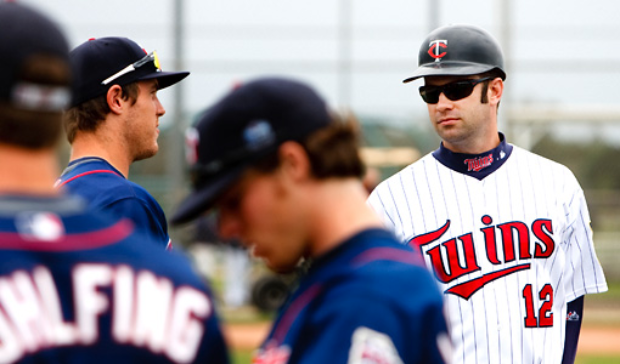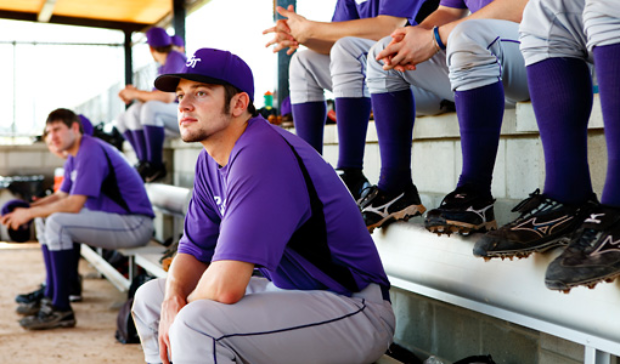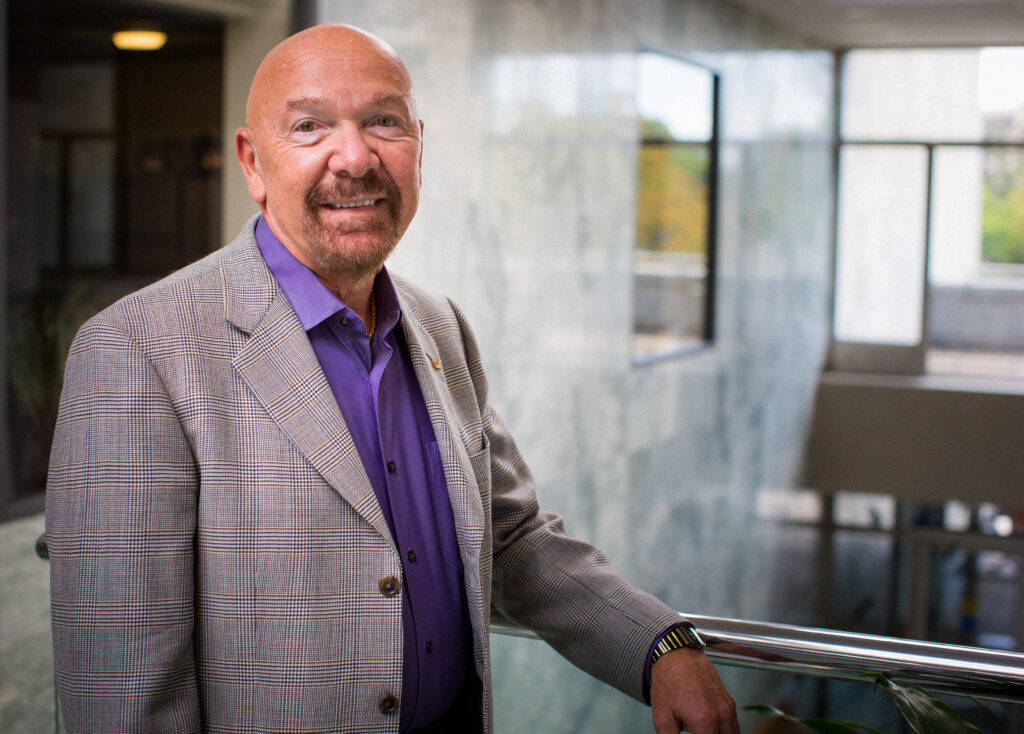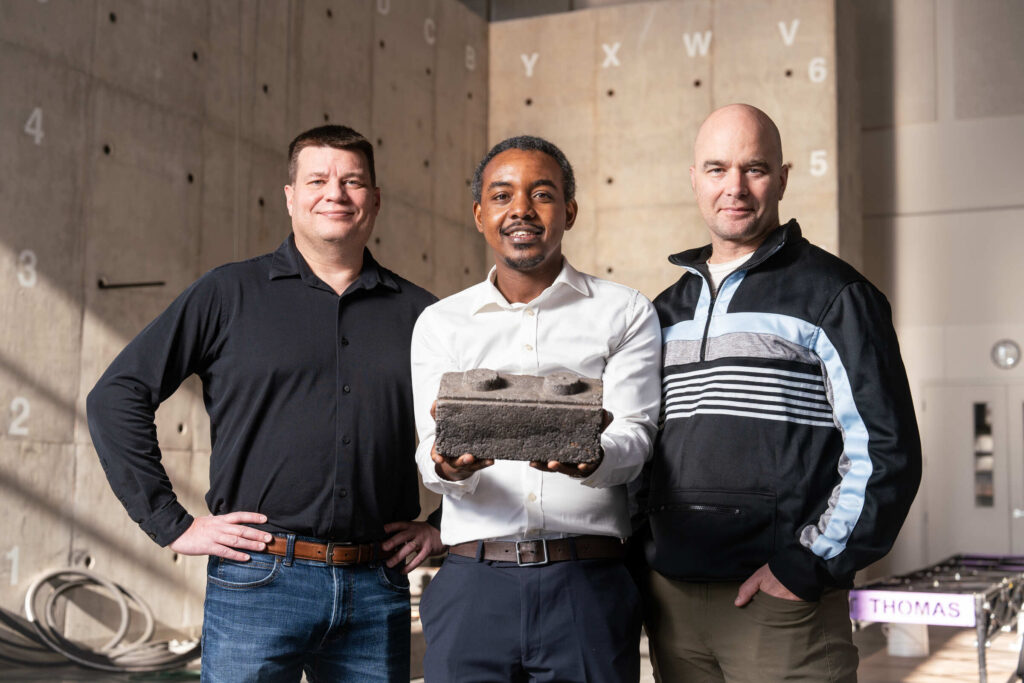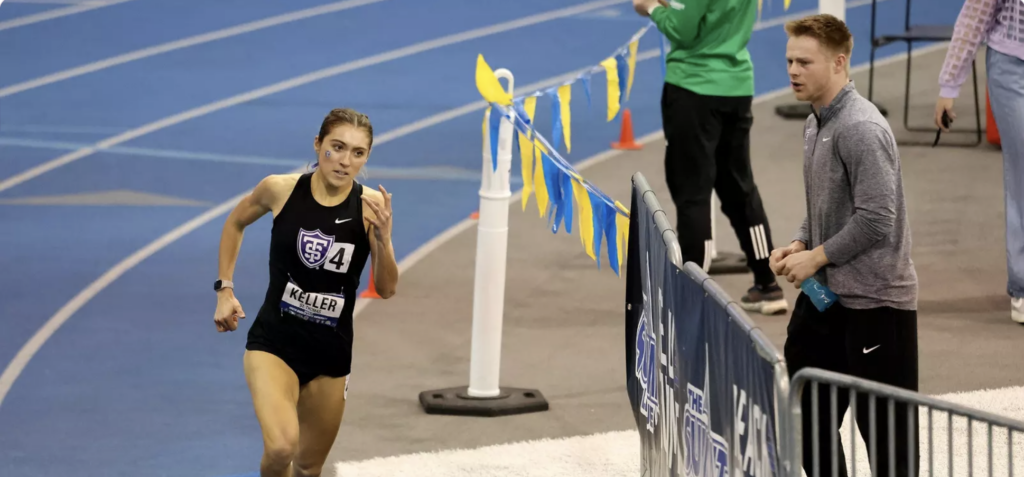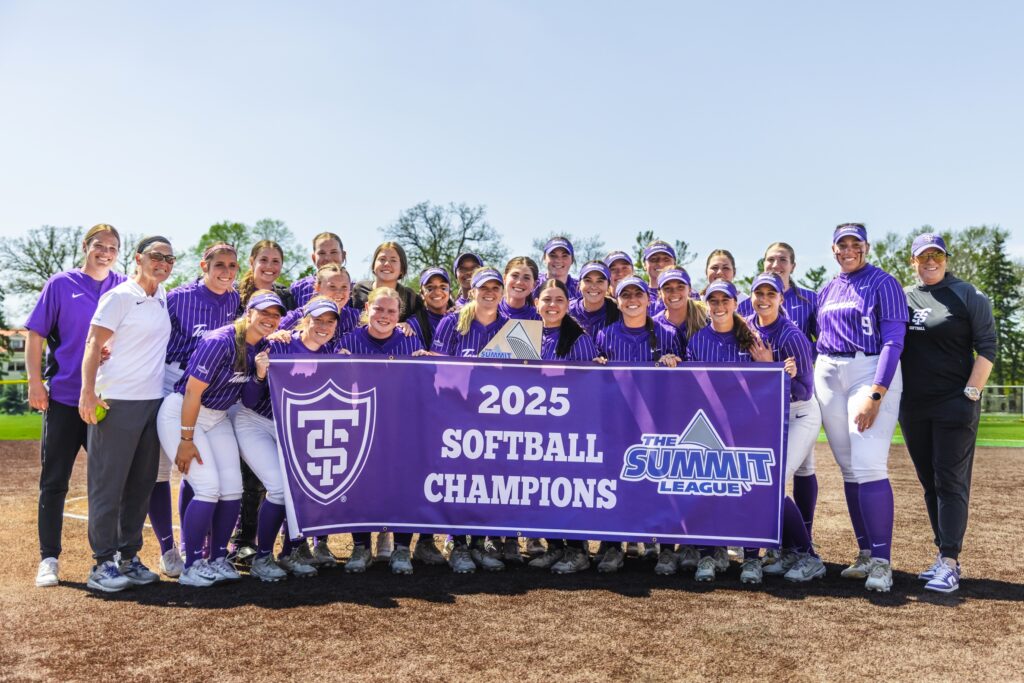FORT MYERS, Fla. – Jake Mauer slowly patrols the third base coach’s box, gazing out across the diamond on a sunny but very windy March afternoon at the Minnesota Twins’ spring training complex. He appears expressionless, his eyes hidden behind dark sunglasses, and he claps three times to encourage the player who steps to the plate and looks to Mauer for a signal.
Several pitches later, the right-handed batter swings just a fraction of a moment late but makes good contact with the ball, lofting it to right. The wind picks up the ball and the rightfielder gives chase, but the ball clears his head and the fence for a homer. The batter lopes around the bases and slaps Mauer’s outstretched hand as he rounds third.
At the end of the inning, Mauer saunters back to the bench and sits with his coaches, occasionally exchanging a few words but for the most part remaining quiet. He soaks in everything that transpires in the intrasquad game among Twins rookies, alert to every little movement on the field.
“Jake is a student of the game,” said Jim Rantz, standing in a tower that overlooks three fields in the complex. “He comes from a baseball family. He’s a teacher. He has patience. He is strong on fundamentals. He has the respect of the players. He is good in the community. All positives.”
Rantz has been with the Twins’ organization for 50 years, the last 24 as director of minor league operations. He knows baseball, and he likes what he sees in Mauer, who this season is managing the Class A Fort Myers Miracle for the Twins.
“Most importantly,” Rantz added, “Jake has a passion – a real passion – for baseball.”
People always have said that about Mauer, who has excelled at baseball since he was a skinny little kid playing in his backyard with younger brothers Billy and Joe. Jake starred at Cretin-Derham Hall, where the Raiders won two state titles; he starred at St. Thomas, where his team won a national title after twice finishing second; and he was moving up in the minor leagues until an elbow injury four years ago ended his playing career.
“I just love baseball,” he said. “It’s that simple. There’s just something about the game that appeals to me. And now, to be managing in an organization like the Twins … it’s very special, too.”
Mauer, 31, was born in St. Paul, attended St. Columba Catholic School and starred in basketball and baseball at Cretin-Derham, where he played second base. He considered only two universities, Creighton in Omaha and St. Thomas, and chose the latter “because I really didn’t want to leave home, and I wanted to play for Dennis Denning.”
Mauer sparkled under Coach Denning, taking over at second base as a sophomore, leading the Tommies to three straight national title games and participating in the team’s historic January 2000 trip to Cuba. A .391 career hitter, he holds school records in career hits (243), runs (181) and games (187) as well as season hits (83) in 2001, when he hit .449 and had 58 RBI as the Tommies won the NCAA Division III title, 8-4 over Marietta, in his last collegiate game.
“It was an unbelievable feeling,” he said. “I remember the bus ride back from Appleton(Wis.), when we lost to Montclair State the year before, was so long. My senior year, that bus ride home seemed like it took 20 minutes.”
Denning, who retired in February after 15 years at St. Thomas, considers Mauer the best player he coached in more than four decades.
“He was the best hitter and the best defensive player,” Denning said. “He hardly ever made an error. He was a good runner and he made tough plays. He pulled everyone together. The sign of a really good player is one who makes the people around him better. Jakie did that.”
Mauer won All-American and Division III all-tournament honors his junior and senior years and was co-Player of the Year in the MIAC in 2001, but he shrugs today in talking about awards. He always has been more interested in something else.
“Everybody on the team has a job,” said Mauer, who majored in entrepreneurship but is a few courses short of his degree. “Everybody does his part, whether it’s driving in runs or playing good defense. I tried to do whatever it took to win. At the end of the day, it doesn’t matter if you went three for four, but what the score was and if you helped your team win.”
Days after the Tommies’ championship season ended, the Twins drafted him in the 23rd round – the 667th player selected overall. The No. 1 pick, also by the Twins: Joe, his younger brother by four years, who had just graduated from Cretin-Derham.
The Twins surprised Jake by drafting him – he expected the Pittsburgh Pirates to do so – and he was thrilled to have the opportunity to finally play organized baseball with Joe.
“I always knew Joe was good from playing in the backyard with our buddies and from what he did in high school,” Mauer said. “But then I had a chance to play with him on a day-to-day basis against All-Americans from big colleges. Joe was better than all of them. It was an eye-opener for me to see how talented he really was.”
The Mauers’ first assignment was with the Twins Class A rookie team in Elizabethton, Tenn. They moved to the Class A Quad Cities River Bandits in 2002 and the Fort Myers Miracle in 2003, but Joe moved up that year to Class AA New Britain, Conn., and eventually the Twins. Jake stayed with the Miracle, playing several positions and learning something every day.
“The minor league game was quicker,” he said. “In college, one or two pitchers threw 90 (mph). But in pro ball, that was a daily deal. There were adjustments that had to be made, and it took me a while to get comfortable at the plate.”
Mauer continued to make progress, going to the Twins’ major league spring training camp in 2004 and starting the year at New Britain. His goal was clear – he wanted to play in the majors – but he knew it would take time and patience.
“As long as I was having fun and making progress, I didn’t have a timetable,” he said. “I thought I would have the opportunity to play in the big leagues at some point. I knew I might not be an every-day player, but I understood what my role might be – to play defense, pinch hit and pinch run. I thought I’d be able to make a contribution.”
“Jake is one of those guys who gets the job done quietly,”Jose Marzan, his Miracle coach in 2003, told the Fort Myers News that year. “Play him at third base. Play him at shortstop. He plays at second base. He goes out there and gets outs. I told him, ‘Jake, everywhere you play, you get outs. The ball is hit to you and it’s an out. That gives you a lot of value in the future.’”
During spring training in 2005, however, Mauer felt a tingling sensation in his right arm when he threw. He played at New Britain but the problem worsened. He had elbow surgery – his ulnar nerve was rerouted – but he still struggled to throw the ball across the infield. He felt good early in 2006 spring training, “but then it was the same thing as before,” he said. “I just couldn’t throw. I started to think, ‘I need to figure something else out.’”
That something else was coaching. The Twins floated the coaching idea, and he grabbed it. He stayed in Fort Myers as hitting coach for the Twins’ rookie team in the Gulf Coast League that year and in 2007, and also worked with the infielders. He managed the team the following two years, winning the division in 2009, and was promoted to the Miracle job last fall.
Work as a minor league coach and manager is full of challenges. Mauer focuses on both their physical skills and their mental acuity, “seeing how well they understand the game.” Players come and go, some moving up to another team and others getting cut. The Miracle will play 140 games this year, all in Florida, and will travel up to eight hours by bus for a game. Players earn $1,300 a month, get $20 a day on the road for meals and share hotel rooms.
“Patience is extremely important, especially in a game where you fail 70 percent of the time,” he said, referring to how good hitters have a .300 average. “It’s not every day you’re going to be great, but you learn from those tough days and you learn from your mistakes. It’s the same with managing.”
As the season grinds on, Mauer tries to keep everything in perspective for players who, just as he once did, push themselves to become better and worry about mistakes.
“It’s a long year, but it’s baseball,” he said, his eyes widening. “It’s a game. You get to put on a uniform and go out and play! That’s a pretty good thing.”
His college coach believes Mauer is good enough to coach and manage in the majors – perhaps with the Twins and perhaps while his brother Joe still is catching at Target Field – for the same reason that made him a winner when he played.
“Jakie is a leader,” Denning said. “He doesn’t talk a lot, but when he says something, people listen. He knows the game. He was a smart player – always one, two, three steps ahead of everybody else. He manages the same way.”
As the third and final out is made in the ninth inning on a sunny but very windy March afternoon in Fort Myers, Mauer saunters out to meet three infielders. They chat quietly for a few moments near third base, and then Mauer claps three times and they jog off.
“I like to ask them a question about what they did and hope they answer it themselves,” he said. “If they are able to answer the question, I know the wheels are turning. I can only do so much as their manager – once they go in between the lines, they’re on their own.”
In a sense, Jake Mauer is on his own now, too, but he’s not alone. He has his players. And most importantly, he has a passion – a real passion – for baseball.
